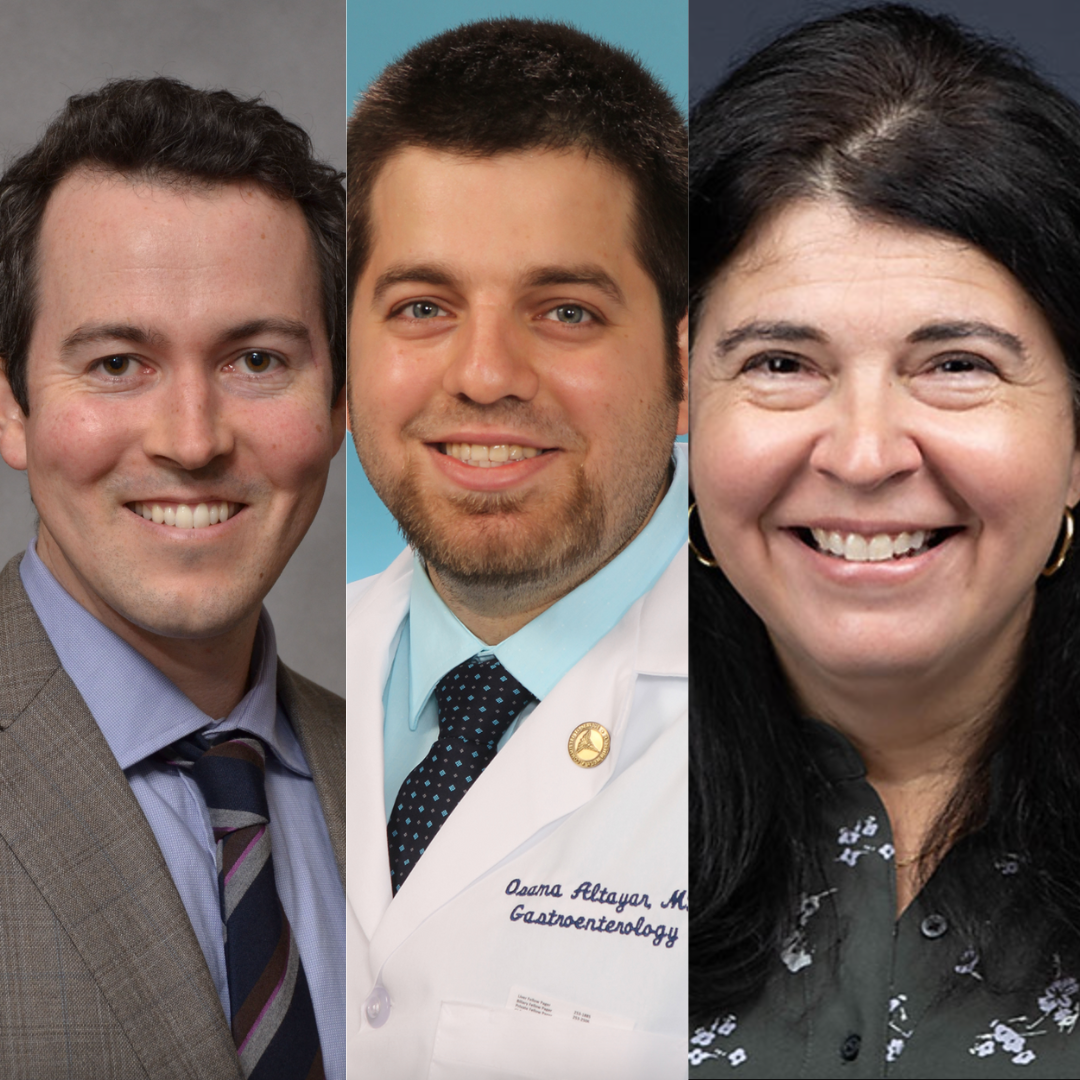Video
Results of the ECOSPOR-III Trial: SER-109 in Recurrent CDI
Author(s):
The panel reviews phase 3 data behind SER-109, another novel FMT therapy for patients with recurrent Clostridioides difficile infection.
Transcript:
James A. McKinnell, MD: Kelly, is there anything else that we should think about from the phase 3 data, as I process this enema side of things?
Kelly R. Reveles, PharmD, PhD, BCPS: We have the potential to administer FMT [fecal microbiota transplantation] in other ways; enema is one of our potential routes of delivery, but one of our investigational FMT products is an oral capsule. This is SER-109. Healthy donors are used as the original source of the material, but the way that the company prepares it, they fractionate out just firmicutes bacteria and encapsulate that for oral delivery. One thing I find really cool about this product is that they use another process involving solvents to inactivate other potential pathogens, other bacteria, viruses, parasites, fungi, etc. That should be a major advantage compared to a whole microbiome transplant in that you limit the risk of potential pathogen transmission. I know we say we test for just about everything, but we’re still learning what the microbiome entails. There are many unidentified organisms that we still haven’t been able to classify in the microbiome. Although we’re testing for some of the more important organisms that we know are involved in clinical infection, we can’t test for everything. So having this, what we call narrow consortium of microbes in a capsule form, it could be a game-changer.
Now, its purpose is to change the gut microenvironment to prevent germination of our spore phase and ultimately clinical infection. It’s been studied in a phase 3 trial called ECOSPOR-III, and this was a multicenter placebo-controlled randomized controlled trial of patients with multiple recurrent C diff [Clostridioides difficile]. Their primary outcome was the rate of recurrent C diff within 8 weeks following treatment between the SER-109 group and placebo, following a course of antibiotic therapy, and the phase 3 data look great. They met their primary end point in the SER-109 arm, about 88% of patients had clinical resolution without recurrence at 8 weeks compared to about 60% in the placebo group. This equates to about a 68% relative risk reduction. Then the company presented some additional results back in May, where they had followed at least some of the patients out to 24 weeks and found that there was a sustainable response out to 24 weeks. The patients who had made it that long in the SER-109 group had about a 54% relative risk reduction of recurrence at that point, too. So the phase 3 data are looking good for this oral capsule that we could potentially, at least logistically, administer easier compared to enema forms.
Sahil Khanna, MBBS, MS: James, the big difference between the study design of these 2 products is the inclusion criteria and what kind of testing was allowed for patients to be part of the study. For the SER-109, they only allowed people who had a positive toxin by an EIA [enzyme immunoassay]. This included a filtered group of patients, and that allows you to pick patients who have a true infection. The difference there is that about 80% of the United States is not using just a toxin-based assay; PCR [polymerase chain reaction] is the most common assay that we use in our laboratories and everywhere else. That was the difference between this and the other study. The RBX2660 study used people who could be toxin-positive or could be PCR-positive, as long as they have a response to antibiotics. When one looks at the efficacy, and looks at the rates of recurrence after, one should definitely look at what patient population was enrolled because that does make a difference in terms of how these therapies will be administered to patients down the line.
James A. McKinnell, MD: Thank you for watching this HCPLive® Contagion® Peer Exchange. If you enjoyed the content, please subscribe to our e-newsletters to receive upcoming Peer Exchanges and other great content right in your inbox.
Transcript edited for clarity.





